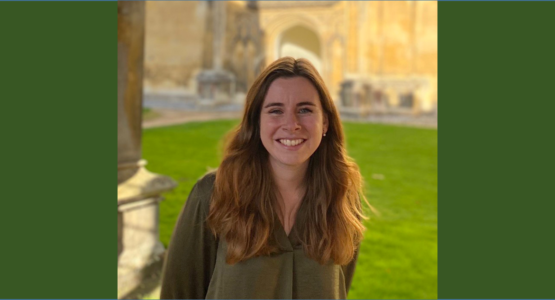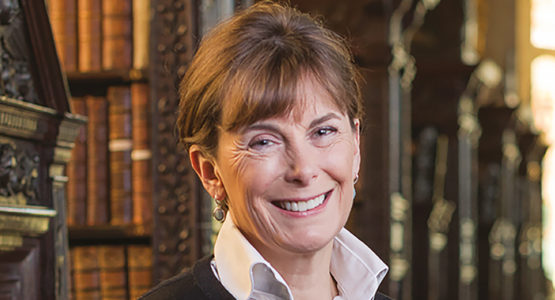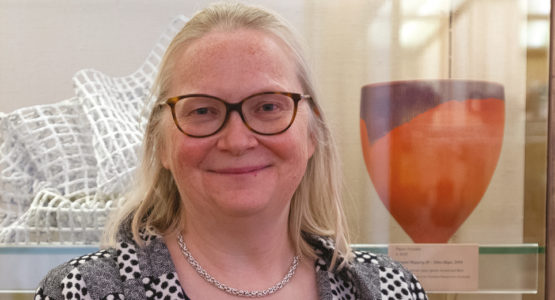Deputy Executive Director of Priorities USA, Nick Ahamed (2017) is passionate about increasing access to the ballot. Here he talks politics, prejudice and predicting voter turnout.
As an immigrant to the United States, growing up, American politics didn’t feel accessible to me. Between the Clintons and the Bushes, politics appeared to be a family affair, and my family didn’t exactly run in those circles. I could envision professions using numbers (my parents are accountants) or becoming a lawyer (I love to argue); campaign strategy never crossed my mind.
But, in 2008 everything changed. Someone with a ‘funny name’ and a background not so different from my own became president of the United States. If Barack Obama’s voice could change a room, and then a city, and then a state, and then a nation, and finally the world, why couldn’t mine?

That inspiration took me all over the world, first to Washington, DC, later to Montreal and Stockholm, and to Cambridge. After volunteering for Obama’s re-election campaign, I joined Civis Analytics, a political analytics consulting firm, as a data scientist. For me data was a tractable way to democratise political strategy. By separating the signal from the noise, causation from correlation, and the substantively significant from the statistically significant, I gained access to rooms that had not often accepted people from my background.
At the same time, I learned that data is not impartial. In fact, without intentionality, it encodes and entrenches the biases already present in the world.
I spent 2017 building turnout scores – models that predict whether or not someone will vote in an upcoming election. The most important variable in predicting future turnout is past turnout; voting is a habit. However, the unfortunate reality is that not all Americans have had equal access to the ballot. Existing turnout modelling approaches do not take this into account. They penalise Americans who didn’t vote, whether or not they faced voter suppression. Because these models are paramount in who campaigns target for get-out-the-vote activities, this imperfection perpetuates, instead of alleviates, structural biases in the electorate.
Democracy only works when voters pick their representatives – not when representatives pick their voters.
While firms and political campaigns may recognize this problem, because they are focused on just winning the next election they aren’t incentivised to fix it. That’s why I was fortunate to win the Gates Cambridge Scholarship and join St John’s College in 2017. Cambridge gave me space to research how incorporating legal, electoral and candidate context can improve turnout models. Some of my findings were surprising: black voters turned out at higher rates in states with strict voter identification requirements – perhaps a result of countermobilisation campaigns. Others made intuitive sense, like how allowing registration on Election Day made voters more likely to cast a ballot.
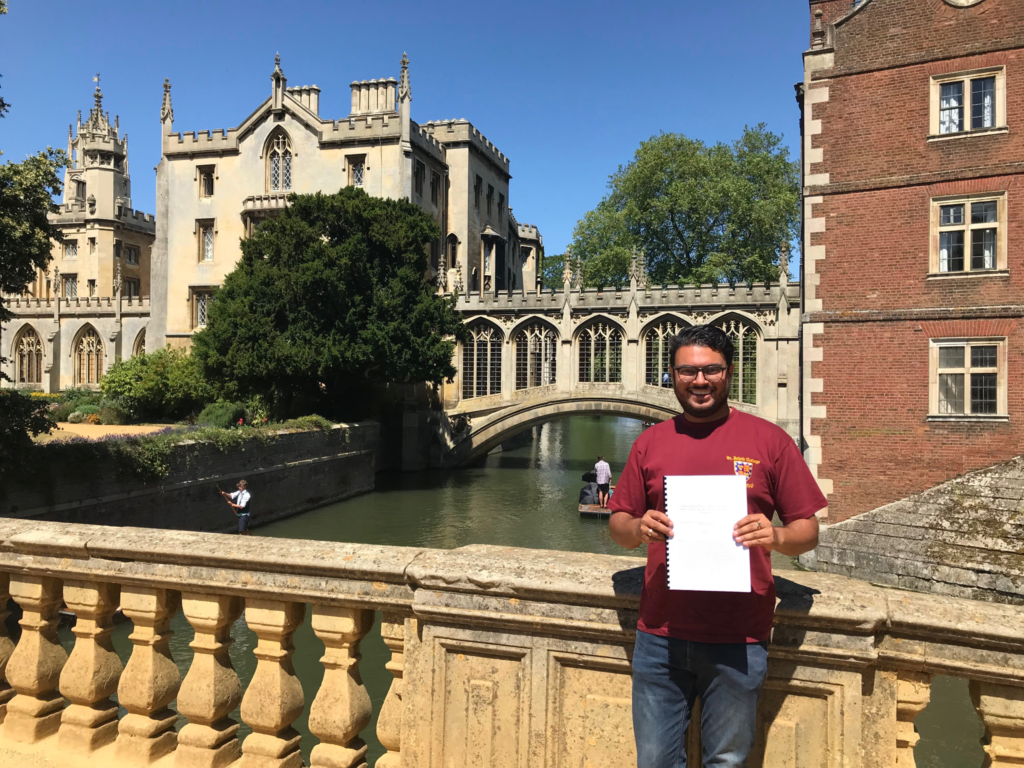
After leaving Cambridge I joined Priorities USA, a progressive advocacy organisation with a strong commitment to voting rights, now serving as Deputy Executive Director. Here, I have been empowered to put my findings into practice. We are building turnout models that incorporate the contextual data that my MPhil thesis identified as critical. To build the habit of voting, between 2019 and 2021 we invested over five million dollars in turning out voters in local elections.
There is so much more work to do. Last year nearly 450 bills were introduced to limit access to the ballot in states across the US. Democracy only works when voters pick their representatives – not when representatives pick their voters. Increasing the number of ways, times and places that people can cast ballots is a good first step to ensuring all Americans have the right to vote, regardless of their postal code, work schedule or background. We must also make registering to vote easier, and not void people’s registration if they failed to vote in a recent election.
Voters are increasingly sorted into information silos by opaque algorithms
In an increasingly online world, we need to bring a digital lens to voter mobilisation. Unfortunately, many states are not keeping pace with technological change. For example, in the 2020 election, several states made it difficult for voters to request a mail-in ballot online by requiring ‘wet’ signatures on application forms. Instead, they required voters to have a printer, or to go to apply in-person, defeating the purpose of a socially distanced ballot! If you can file your taxes online, you ought to be able to register to vote, or request a mail-in ballot online.
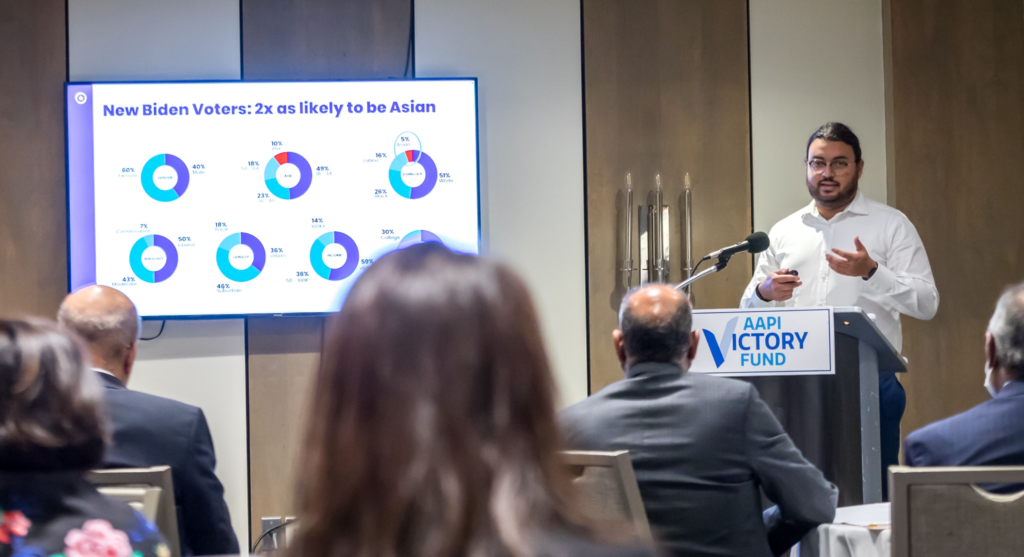
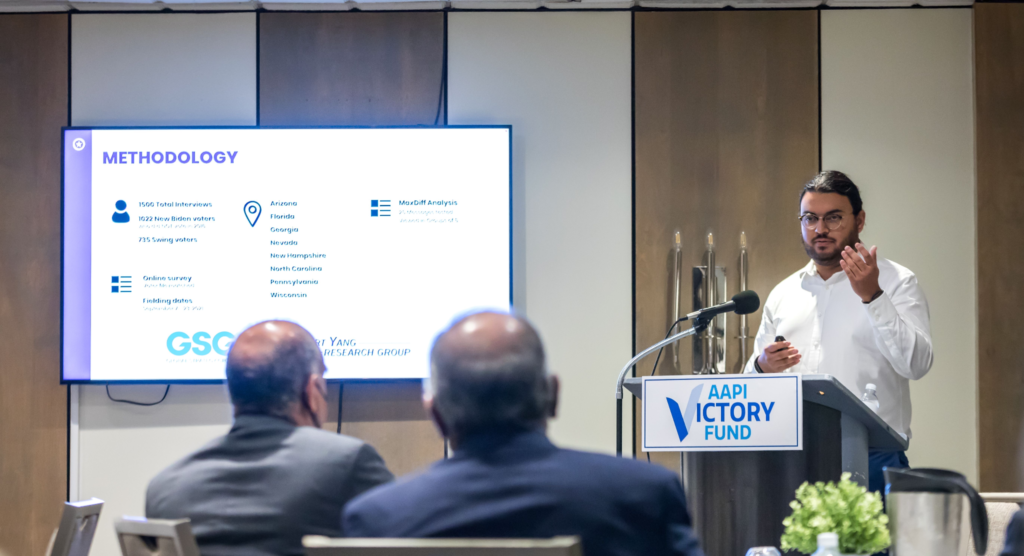
At the same time, voters are increasingly sorted into information silos by opaque algorithms. TikTok decides what you watch instead of a TV network with journalistic standards. Bad actors leverage all the data that sites collect on us to divide us further. They target groups of voters with messages carefully designed to gin up their worst fears.
I’d love to believe that in five years’ time, Americans will have voter turnout rates as high as our European counterparts. Unfortunately, progress takes time and growing our movement one election cycle at a time. I plan to be right here in the trenches.
To get there, I’ll have to practice self-care. Campaign culture is notorious for its staff burnout and turnover. I love to experiment in the kitchen, so I try to finish work each day with enough time to cook a fresh meal for my partner Sera and myself. But personal efforts can only go so far. I am proud to work with my colleagues at Priorities USA to change how political organisations operate for the better.
Written by
Former Gates Cambridge Scholar, Nick is now the Deputy Executive Director of Priorities USA.



